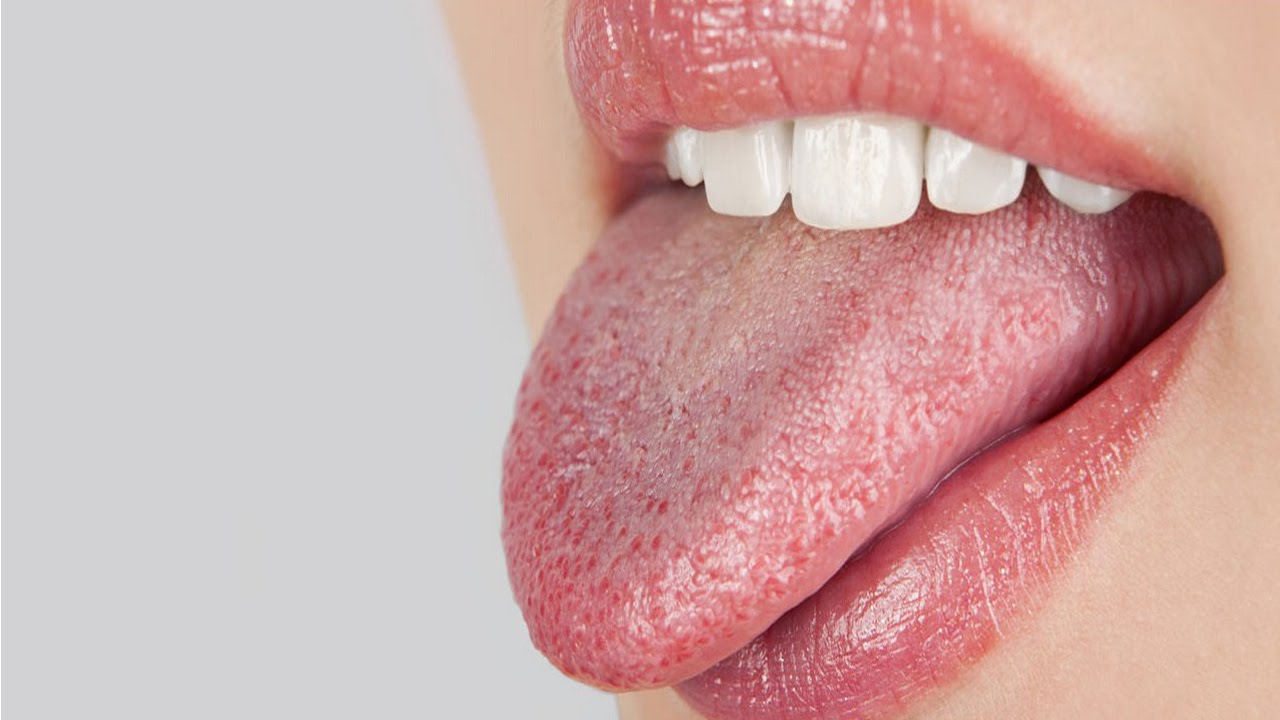Dental Care for a Dry Mouth
A dry mouth can have many causes.
‘Too many birthdays’ – a common condition for our patients! Can cause a natural decrease in the quantity and the quality of your saliva.
Surprisingly, dehydration, or not drinking enough fluids during the day can cause a dry mouth.
The medication you take can also play a part in causing a dry mouth; certain drugs including sedating antihistamines and some common antidepressants can cause severe dryness.
Some medical treatments such as radiation treatment and some autoimmunue disorders cause this problem too. Dry Mouth occurs with surprising frequency, affecting up to 30% of people. Mostly the symptoms aren’t bad enough to affect the quality of life but could be an indication of a health issue that requires attention.
Your brain controls how much the resting flow of saliva is, while chewing, smelling and even thinking of food can stimulate saliva secretion. Most people with a dry mouth have an issue with their resting flow secretion, particularly at night when the brain cortex decreases its activity.
How bad can it be? If you have ever had surgery with a general anaesthetic, and attempted to eat the sandwich in recovery without copious cups of tea, you would find it is almost impossible because your mouth is so dry. Imagine that all the time! That’s how bad it can be. While the mouth dryness following surgery is sudden, sometimes it can creep up on you such as in the autoimmune disease known as Sjogren’s Syndrome, where secretions from the saliva glands become thicker and more scarce over time. The changes can be so slow that patients don’t even realise they have a ‘dry mouth’. Other causes of a dry mouth include lupus (SLE), mumps, cystic fibrosis, eating disorders, diabetes mellitus, HIV, thyroiditis and chronic inflammatory bowel disease (Crohn’s or Ulcerative Colitis).
Why is saliva so important? As mentioned above, you need saliva to chew your food and to be able to swallow it. Saliva naturally contains enzymes amylase and lipase to begin the digestion process. But saliva also has a role to play in oral health. Saliva contains antibacterial proteins, without which the normal microbes in your mouth change dramatically. Lack of saliva can lead to poor nutrition, undesired weight loss, dehydration as we said, changes in oral health and other issues. It is therefore important to be able to fix a dry mouth.
Artificial saliva can provide relief for a short time, having the same viscosity as real saliva. However it doesn’t possess the same elasticity as the real thing and so isn’t retained in the mouth for long. That aside, it is still the best choice for those who have none or those wishing to improve the properties of their existing saliva.
If you have functional salivary glands, you could also stimulate them by chewing gum or sucking lozenges. Either way, do be sure to check they are sugar and acid free products so you don’t reduce the protective properties of saliva on dental health.
For those who have undergone radiation treatment of head or neck, gene therapy, stem cell therapy or proton therapy may be options.
Another important aspect of managing a dry mouth is to be aware of the possible rapid development of decay; we can help spot small problems before they overwhelm you.
We really focus on solutions to dry mouth problems; if you are experiencing a dry mouth or any other oral health issue, contact us at Moss Vale Dental on (02) 4869 3111 and make an appointment. We are here to help you.


